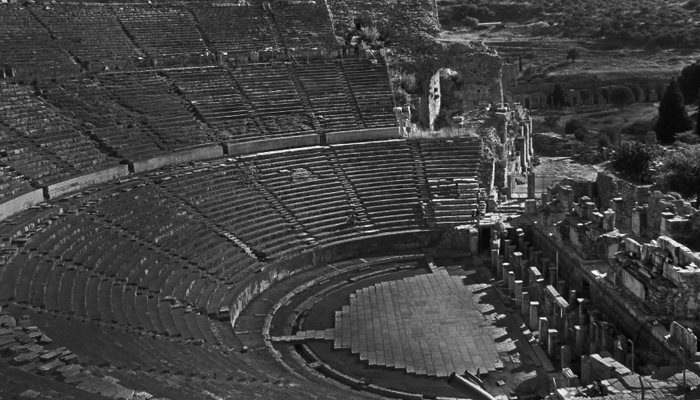What is the fear of the Lord? Consider this definition: A trembling zeal to obey every word of His mouth. It’s a treasure He gives His favorites (Isa 33:6).
The fear of the Lord was a powerful component in the atmosphere of the early church in the book of Acts. It preserved the integrity of the church in an era of explosive growth. In contrast, we don’t hear much about it today.
Why do we tend to minimize or overlook teaching on the fear of the Lord? When we neglect it, it’s for all the wrong reasons. It’s time to dig up this doctrine, dust it off, and equip today’s believers and also our own children in this essential ingredient to a healthy Christian walk.
I’d like to suggest three reasons to teach the fear of the Lord to this generation.
- We don’t understand it as we should.
Some people have a skewed concept of God. For example, some think of Him as such a merciful and gracious heavenly Father that there is nothing in Him His children need fear. On the opposite extreme, others have been put off by the caricature of a God who is always in a foul mood and looking for ways to punish His enemies.
If the fear of the Lord causes you to back away from Him, you haven’t been taught in the true fear of the Lord. Taught properly, it draws us forward into His heart. Those who truly tremble before Him run into His arms, wrap themselves around Him, and in awe and reverence cling to Him for their very lives.
There is no contradiction between His fear and His goodness. They actually go together. Hosea showed us that when we understand His goodness, it sets our heart to trembling (Hos 3:5).
Somebody needs to say it to this generation, “Never fear the fear of the Lord!” Let’s show them how to run into it and wrap their arms around it. It’s the wisest thing they’ll ever do (Pro 9:10). It’s safe, clean, and it endures forever (Ps 19:9). We need to teach this stuff.
- Since Jesus taught it, so should we.
Jesus delighted in the fear of the Lord (Isa 11:3). In His teaching, He laid open the profound paradox that is found in Exodus 20:20. He began by charging us to fear God: “But I will show you whom you should fear: Fear Him who, after He has killed, has power to cast into hell; yes, I say to you, fear Him!” (Luke 12:5). But then two verses later He said, “But the very hairs of your head are all numbered. Do not fear therefore; you are of more value than many sparrows” (Luke 12:7). He said, “Fear Him! Do not fear therefore.” He taught that we are to fear—and not to fear—both at the same time.
Do I fear God? Of course not! He’s my Father! I run into His arms with brazen boldness because of the blood of Jesus. I can interrupt any conversation He’s having because I’m His son and have constant access to Him. But do I fear God? I’m terrified of Him! He’s a consuming fire, His name is Jealous, He chastens His children, and He holds me accountable for my attitudes and actions.
I fear Him, therefore, and I don’t fear Him. This is the fear of the Lord as Jesus taught it. And those who teach in their Master’s shadow will also proclaim this important truth.
- The benefits of the fear of the Lord are too marvelous to forfeit.
I like to listen to podcasts by Christian leaders, but I don’t remember hearing a podcast on this topic. Is it just that I haven’t found the right podcasts? Or are we generally quiet on topics that would awaken believers to the benefits of fearing the Lord?
For starters, here are some benefits:
- God remembers forever those who fear Him (Ps 103:17).
- He lavishes blessings (Ps 112:1), mercy (Ps 103:11), and sustenance (Ps 111:5) on those who fear Him.
- He dwells with those who tremble at His word (Isa 66:2).
- His fear enables us to become partakers of His holiness, and produces in our lives the fruit of righteousness (Heb 12:10-11).
- The fear of the Lord releases grace to serve a God who is a consuming fire (Heb 12:28-29).
- It empowers obedience (Pro 16:6).
- He tells secrets to those who fear Him (Ps 25:14).
When you are teaching people in the fear of the Lord, you are engaged in one of the highest privileges available to God’s servants.






